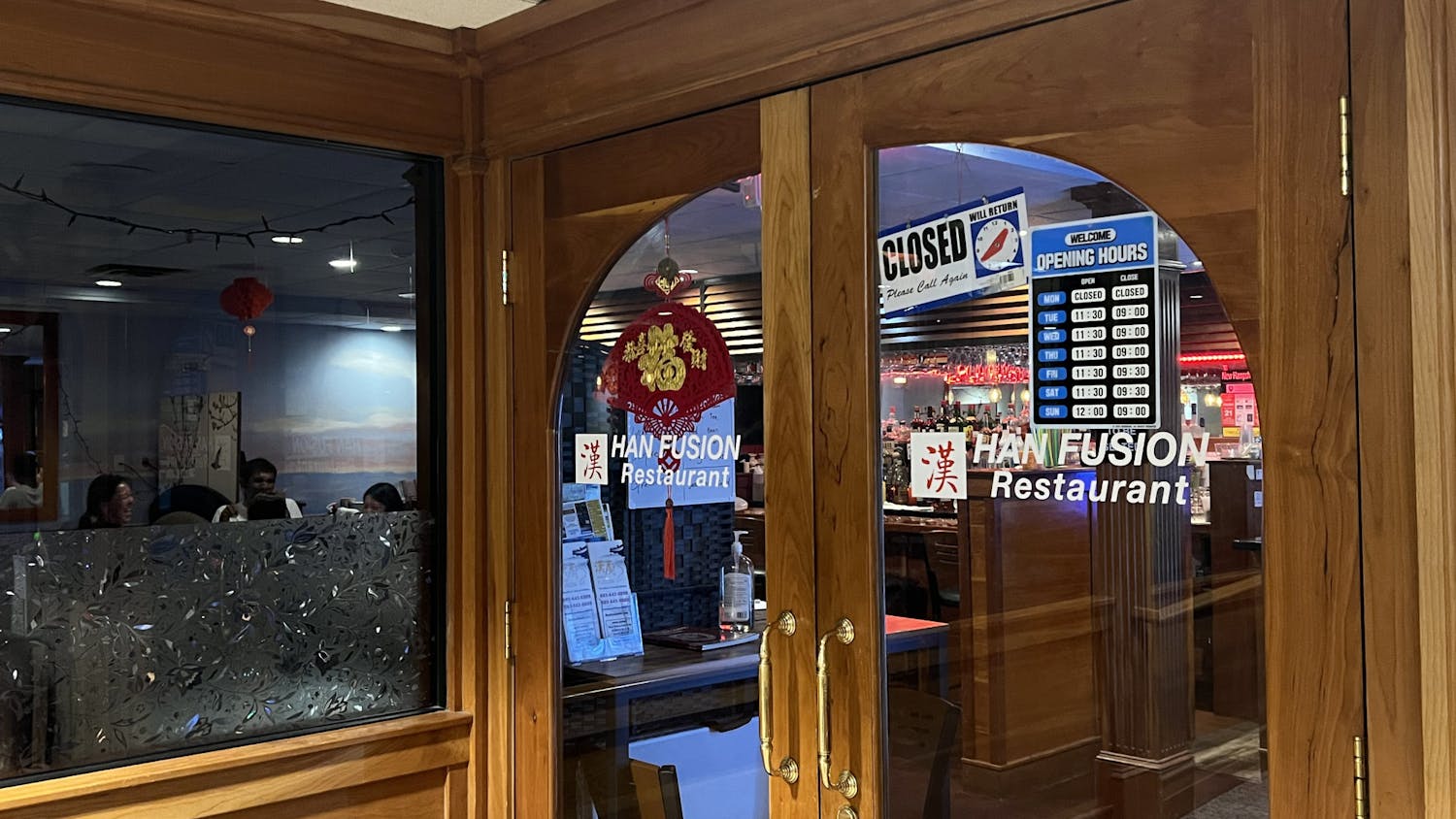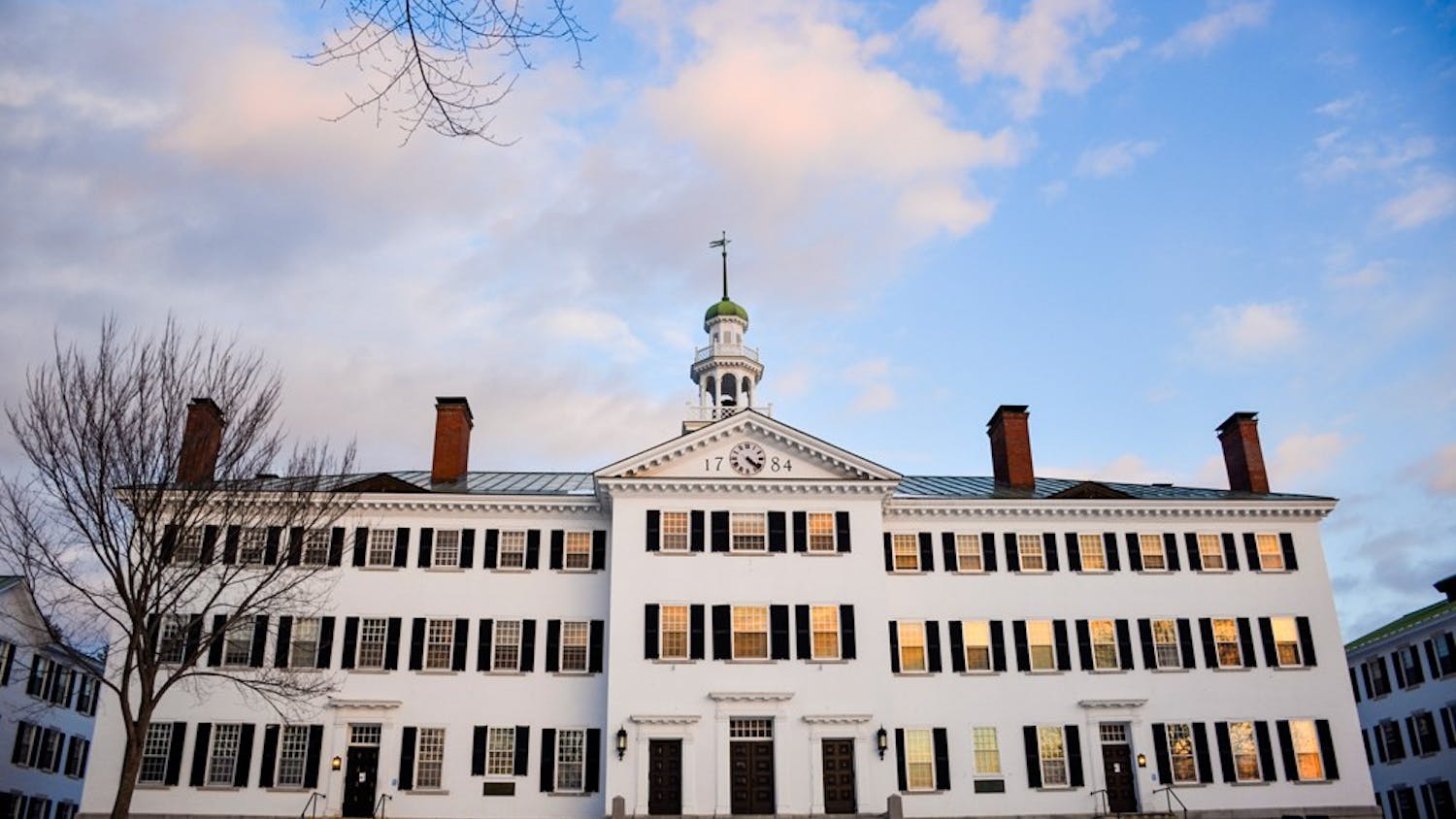At this year’s Commencement ceremony, the College will award honorary degrees to seven experts in fields ranging from geochemistry to fashion.
In addition to Commencement speaker David Brooks, six others will be recognized. MacArthur fellow and Columbia University geochemist Terry Plank ’85 and former United States Secretary of Energy Steven Chu will receive Doctor of Science degrees. Russell Carson ’65, philanthropist and co-founder of private equity firm Welsh, Carson, Anderson and Stowe, William Neukom ’64, former executive vice president of law and corporate affairs at Microsoft and founder of the World Justice Project and Earl Lewis, president of the Andrew W. Mellon Foundation, will each receive a Doctor of Humane Letters. The college will award a Doctor of Arts to Valerie Steele ’78, the director and curator of the Museum at the Fashion Institute and Technology.
Plank heard about her recognition from a colleague in the College’s earth sciences department, Dr. Leslie Sonder.
“There was a plan to give me an honorary degree, and [the College asked] would I accept it,” Plank said. “What are you going to say, ‘Oh, no I’m not going to accept your honorary degree’?”
As an earth scientist, Plank said the award means a lot to her because scientists are often under the radar for this kind of recognition, particularly those outside of the medical sciences.
“It’s really great that they are really recognizing earth science, which I think has been a special program at Dartmouth,” Plank said.
Though the College’s earth sciences department is small relatively small, Plank said it has a strong reputation among researchers in her field.
“They’ve had a disproportionate influence on geologists and volcanologists and earth scientists,” she said. “I’m happy that [the program] is being recognized.”
Though Plank said she missed living in the New England area, she has maintained a connection with Dartmouth and Hanover over the years when visiting for academic conferences and symposiums.
While Chu is not an alumnus, he said he still felt a connection to the College. As a professor, he said that the first Ph.D. graduate student he mentored came from Dartmouth. Chu said he was flattered to be recognized by the College.
“My first reaction was to look at my calendar to see if I could make it,” Chu said. “The second was to ask my wife if she could come with me. Most of the time she says yes, sometimes she says no. She said yes.”
For Carson, Dartmouth holds a special place in his family. Three generations of his family have graduated from Dartmouth, including himself. His father was a member of the Class of 1934, and Carson’s daughter graduated in 1995.
“I got a call from [College President] Phil Hanlon,” Carson said. “It was just a lovely call, totally unexpected, and he told me the College would like to honor me with an honorary degree. I have to say I was very surprised and I was very flattered.”
One of Carson’s favorite things about visiting Hanover is seeing Dartmouth’s campus. He said that while much of the campus has changed in some ways, standing on the Green can connect viewers to those who walked in the same space 50 or even 100 years ago.
Former Board of Trustees chair William Neukom ’64 is up for recognition once more after being unable to attend the ceremony last year to receive his honorary degree.
A few of the honorees had some choice words when asked to give advice to graduating seniors. The main idea: follow your passions.
“Even if it’s unfashionable, even if it’s not trendy and even if you’re not going to make any money, find something you’re passionate about and you’re going to love working on it your whole life,” Plank said. “And it sounds trite, but many true things do.”
Plank cited herself as an example, saying that she does not work with anything usually considered “fashionable” in geology when researching fracking, climate change or resources but still enjoys herself.
“I poke the earth and try to figure out what’s happening and how volcanoes work,” Plank said. “It’s a blast.”
Carson echoed Plank, urging students to remain true to what they want when faced with outside influences and advice, despite others’ well-meaning intentions.
“If you’re not doing what you want to do you ought to change it,” Carson said. “Too many people do something because somebody else thought they should do it. Their parents thought they should or their friends thought they should. And I think everyone needs to make up their own mind as to what they enjoy. The more time you spend doing things you like, the happier you’re going to be in life.”
Chu added that given the opportunities Dartmouth provides its students, graduates should also look beyond getting a job for solely material wealth.
“Beyond taking care of your loved ones and your immediate circle,” Chu said. “I personally think there are more important things than gaining a significant amount of wealth. If you don’t have high needs, that’s actually liberating.”
Like Chu, Lewis also emphasized the importance of perspective and place when recent graduates take a look at their education after heading into the world.
“I think that the graduates should be mindful of the fact that they are educated in a changing world ,” Lewis said. “They have a responsibility to use their tools for the benefit of all.”



